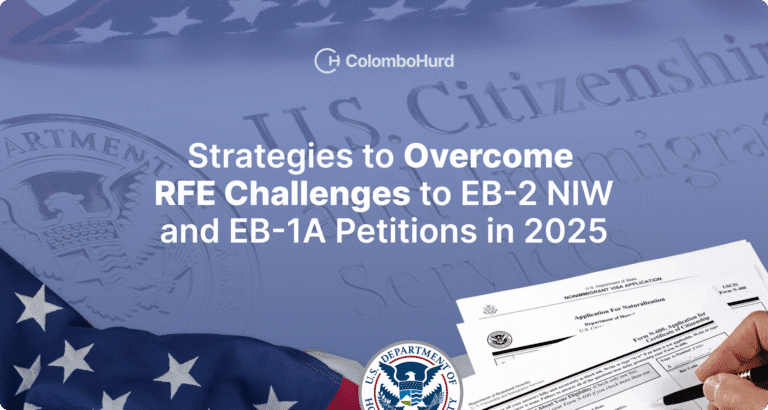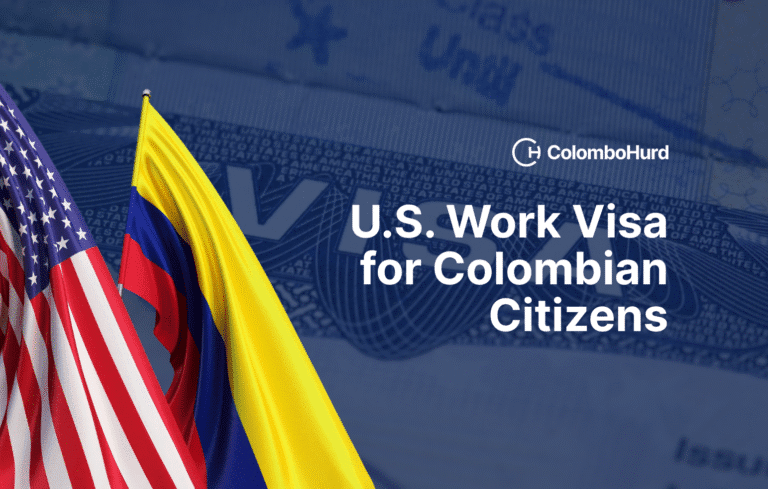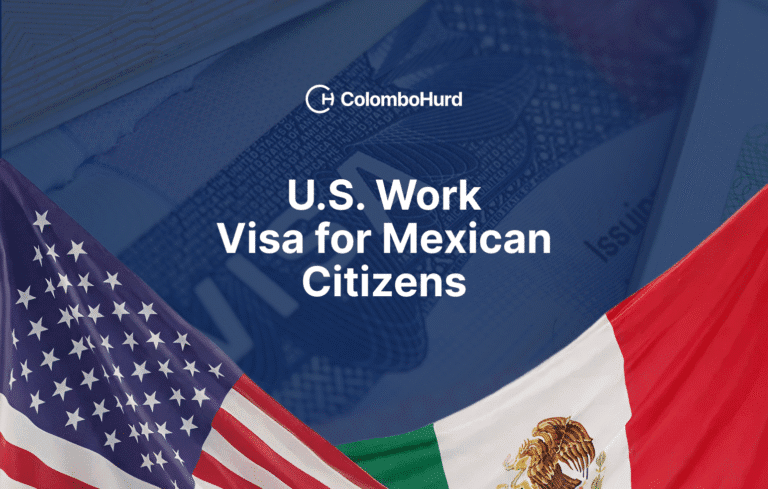The landscape of Requests for Evidence (RFEs) has undergone significant changes since President Trump’s return to office in January 2025. Understanding these RFE trends in 2025 is crucial for anyone navigating the immigration process, particularly those pursuing employment-based petitions. While challenges persist, there are also reasons for cautious optimism as the system adapts to new policies and staffing changes. Success in this environment requires strategic preparation, comprehensive documentation, and experienced legal guidance to navigate the evolving adjudication landscape effectively.
The Current RFE Environment
Since Trump’s inauguration, immigration attorneys and petitioners have observed notable shifts in how USCIS adjudicates cases. The Trump administration’s approach to employment-based immigration cases has been marked by a pattern of unnecessary RFEs and denials.
However, the RFE situation in 2025 is nuanced. While RFE rates remain elevated, particularly for self-petitioned cases, there are emerging patterns that suggest some of these trends may be temporary adjustment issues rather than permanent policy shifts.
Notable Changes in RFE Trends for 2025
1. Heightened Focus on National Importance
One of the most significant changes in RFE trends in 2025 is the intensified scrutiny of “national importance” claims for EB-2 National Interest Waiver (NIW) petitions. USCIS has raised the eligibility and evidence bar, demanding more rigorous documentation to demonstrate how proposed work serves national interests. Furthermore, officers are now exercising wide discretion when evaluating national importance claims, leading to inconsistent adjudications across similar cases.
Officers are now requiring more specific evidence showing:
- Quantifiable outcomes and measurable impact
- Clear connections between individual work and broader national benefits
- Detailed documentation of how the petitioner’s contributions will differ from standard industry practice in the United States
- Increased focus on the national importance of the particular methods that the proposed endeavor involves, rather than the importance of the outcome
2. Declining Quality of RFEs
A concerning trend in 2025 has been the overall decline in RFE quality. Immigration professionals report an increase in:
- Nonsensical RFEs: Officers issuing requests that ignore evidence already provided in the original petition
- Challenges to education credentials: Increased scrutiny of foreign degrees and educational equivalencies, even when properly documented
- Inclusion of non-EB2 NIW standards: Application of criteria from other visa categories to EB-2 NIW cases, creating confusion and unnecessary burden
- Insistence on independent, documentary evidence: Many officers are declining to take into account letter-based testimony on its own, focusing increasingly on objective, documentary evidence for being well-positioned to corroborate the letters. However, for the majority of officers, letter-based testimony remains valuable.
Officers routinely issued RFEs and denials rife with factual errors, logical inconsistencies, and even basic grammatical mistakes. We’ve also observed a troubling pattern of denial notices simply repeating the same language from the original RFE notice, suggesting officers may not be thoroughly examining the additional evidence provided. This lack of quality suggests potential training or staffing issues within USCIS.
3. Self-Petitioned Cases Under Continued Scrutiny
Self-petitioned immigration categories, including EB-1A and EB-2 NIW cases, continue to face heightened RFE rates. This trend has continued into 2025, with EB-2 NIW petitions now facing a higher denial rate than EB-1A petitions, marking a significant reversal of historical patterns.
Strategies for Overcoming RFEs in 2025
Successfully navigating the current RFE trends in 2025 requires a comprehensive approach that addresses both prevention and response strategies. Here’s how to position your case for success in the challenging 2025 environment:
Prevention and Initial Petition Strategy
Comprehensive Evidence Packages
- Include all possible supporting documentation from the start to avoid an RFE
- Submit detailed personal statements and plans that clearly articulate how your work serves national interests and how your endeavor will be accomplished
- Obtain strategic recommendation letters from recognized experts who can speak to both your qualifications and the national importance of your work. USCIS values letters from recognized U.S. experts most highly, particularly independent experts without direct professional relationships to the petitioner. However, letters from recognized non-U.S. independent experts also have value
- Provide context for international accomplishments and ongoing work plans
- Ensure that your documentation clearly explains how your endeavor will benefit the United States broadly and impact your field significantly beyond clients or employers
Alignment with Current USCIS Policies
The January 15, 2025 USCIS policy update emphasizes the importance of establishing the relationship between exceptional skills and the proposed endeavor. Ensure your petition clearly demonstrates this connection by:
- Focusing on quantifiable outcomes and measurable impact
- Emphasizing economic benefits and technological advancement
- Including independent validation through citations, adoption, or implementation
- Demonstrating how your contributions differ from standard industry practice
Proactive Documentation Strategies
- Address potential weaknesses before they’re questioned
- Provide industry context to help officers understand significance
- Document prospective U.S. interest in your work through letters, agreements, or other communications or documents. This evidence should be submitted as part of your initial filing to strengthen your case from the outset and avoid potential RFEs questioning U.S. relevance
- Include evidence of ongoing projects and future research plans
- Document both past accomplishments and future potential benefits
Addressing an RFE
Systematic Response Strategy
Given the quality issues in current RFEs, adopt a methodical approach with the help of an experienced immigration lawyer with proven expertise in successfully addressing RFEs:
- Carefully analyze each request – Don’t assume logical connections; address every point strategically
- Organize responses clearly – Use legal responses that map evidence directly to RFE concerns
- Over-document rather than assume – Provide comprehensive evidence packages, keeping in mind recent USCIS trends when it comes to accepting evidence from after the time of filing, that anticipate follow-up questions
- Address underlying concerns – Look beyond surface requests and templated language to identify the officer’s real concerns and to discern the strategy with best chances of success with the evidence at hand
Evidence Enhancement Techniques
- Submit both responsive evidence and supplementary materials that strengthen your overall case
- Provide industry context to help officers understand the significance of your contributions and the innovative nature of your proposed endeavor
- Reinforce the letter-based evidence from the initial filing with objective, documentary evidence such as contracts, agreements, recognition of accomplishments, or other documentation that corroborates the record
Working with Current Adjudication Patterns
Adapting to Officer Discretion
Given the wide discretionary authority being exercised in national importance evaluations:
- Frame endeavors around concrete, measurable benefits as well as the innovative nature of your endeavor
- Emphasize economic impact on the state, region, and country as a whole
- Focus on technological advancement and innovation
- Highlight contributions to public health, safety, or education
- Emphasize the broad impact of the endeavor
- Emphasize the unique aspects of the endeavor, including new methodologies, tools, or solutions that are either entirely novel or not currently in supply in the United States
Colombo & Hurd Strategy
The current environment makes experienced legal counsel more critical than ever. At Colombo & Hurd, our attorneys assist our clients to engineer cases that put them in the best position to withstand scrutiny and win.
We read the system in real time, tracking outcomes across the country and adjusting strategy before policy memos catch up. We attempt to prevent RFEs early by preempting the same with targeted evidence and measurable impact. If an RFE arrives, we put you in the best position to solve the issue behind it with law, facts, and persuasive argumentation. We position the facts under the strongest legal theory and maintain control of the narrative across officers and service centers.
Success in 2025 belongs to teams that anticipate change and control the record. That is our work at Colombo & Hurd.
Progress Despite Challenges
While the current environment presents obstacles, there are encouraging signs of progress:
Cases Are Still Being Approved
Despite increased scrutiny, successful petitions continue to be processed. At Colombo & Hurd, we continue to see approvals across various petition types, demonstrating that success remains achievable even in the current challenging environment. The key is ensuring comprehensive documentation that anticipates potential concerns before they arise.
Training and Experience Issues May Resolve
Many of the quality issues observed in RFEs appear to be related to internal staffing allocation and officer training. As new USCIS personnel gain experience with current policies, the consistency and quality of adjudications should improve.
Common Questions About RFEs in 2025
Demonstrating national importance remains the primary challenge. Clearly demonstrating how your specific proposed endeavor serves the national interest and would have impact that would rise to the level of national importance is one of the most common concerns raised in RFEs for EB-2 NIW petitions.
Many petitioners wonder if their endeavors remain viable under the current administration, particularly those working in climate change, renewable energy, or humanitarian causes. However, successful petitions continue to be approved across all fields by focusing on the underlying economic, technological, or societal benefits rather than political framing. The key is demonstrating concrete national benefits, such as technological advancement, public health improvements, or economic growth, that transcend political perspectives and align with enduring national interests.
The 2025 guidance allows for denials without RFE if essential documentation is missing, making comprehensive initial petitions more critical than ever. Additionally, the 2025 policy update added heightened scrutiny on impact, scope, and applicability of the endeavor, positively impacting some cases while negatively impacting others, and lining up with the heightened focus on national importance.
USCIS received more petitions than it approved or denied. This troubling trend indicates that USCIS is struggling to adjudicate cases fast enough. We foresee that if the situation does not change, processing times will increase over time, making filing a petition earlier increasingly important.
The current RFE trends represent an industry-wide challenge affecting immigration practitioners across the country. The decline in approval rates, increased RFE frequency, and quality issues are systemic problems stemming from USCIS policy changes, staffing challenges, and increased application volumes. These patterns are documented across multiple firms and confirmed by USCIS’s own statistical data showing decreased approval rates industry-wide. No single firm is experiencing these challenges in isolation. However, experienced firms, including Colombo & Hurd, are adapting their strategies and continue to achieve successful outcomes by staying current with evolving requirements and providing comprehensive petition preparation.
Looking Forward
The RFE trends in 2025 reflect a system in transition. While current challenges are significant, they appear to stem from a combination of policy changes, staffing issues, and increased application volumes rather than insurmountable systemic problems.
Success in this environment requires:
- Exceptional preparation and documentation
- Strategic legal guidance
- Patience with an overburdened system
- Adaptability to changing requirements
As USCIS officers gain experience with current policies and staffing stabilizes, we expect to see improvements in both RFE quality and consistency. Until then, petitioners must be prepared for a more demanding but not impossible immigration process.
The key message for 2025 remains clear: while RFEs continue to be a significant factor for self-petitioned cases, we’re still making progress. With proper preparation, expert guidance, and realistic expectations, successful outcomes remain achievable even in this challenging environment.





